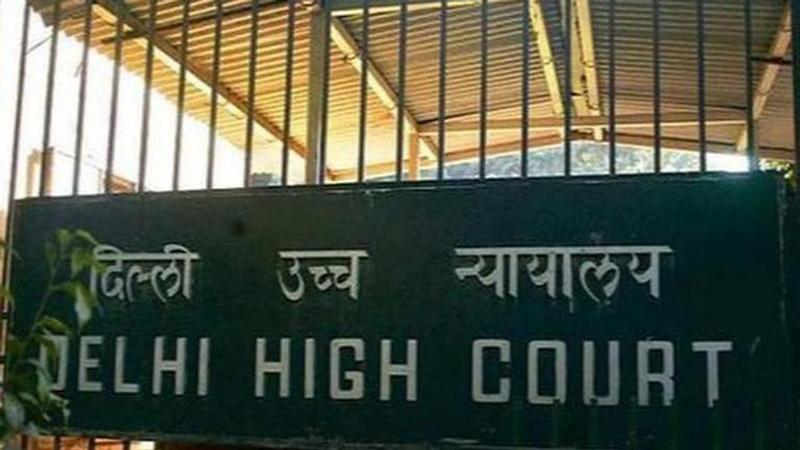Published 16:42 IST, June 29th 2020
''No guidelines in place'': Delhi HC rejects plea seeking a uniform SOP for arrests
The Delhi High Court on Monday refused to entertain a public interest litigation (PIL) which sought a uniform standard operating procedure (SOP) for arrests

The Delhi High Court on Monday refused to entertain a public interest litigation (PIL) which sought a uniform standard operating procedure (SOP) for arrests saying that there were no guidelines for it in the Gazette of India. The plea filed by Abhijit Mishra in the Delhi HC stated that an absence of a uniform SOP for arrests led to "inadvertent abuse of power by law enforcement agencies".
A division bench of Chief Justice DN Patel and Justice Prateek Jalan while disposing of the plea granted Mishra the liberty to approach an appropriate forum if he felt that there was a violation of legal provision with respect to a particular case.
"That the questions of public importance are being raised in the present PIL that illuminates the absence of the procedure of arrest in the light of Article 21, Article 22 and Code of Criminal Code 1973. The Government of India, Government of NCT of Delhi and Delhi Police have not made any Standard Procedure / Guidelines of Arrest of the Citizens till date which inadvertently impacting the fundamental rights of the Citizens of India," the plea said.
"The persons affected by such acts of the respondents are numerous and are not in a position to approach the Honorable Court, hence the petitioner is filing on behalf of such affected persons," Mishra said in the plea.
Apart from demanding a uniform SOP for arrests, the plea had also asked the Court to take into account the violation of the guidelines and hold an officer accountable and responsible if an arrest is not carried out as per the SOP. It stated that directions need to be given to the Registrar General of the High Court of Delhi to make a comprehensive compensation policy and procedure for the illegal detention and arrest by the police as well.
These should be done keeping in mind Article 21 of the Constitution of India coupled with Article 9 of the International Covenant on Civil and Political Rights, the plea said.
(With Agency Inputs)
Updated 16:42 IST, June 29th 2020




